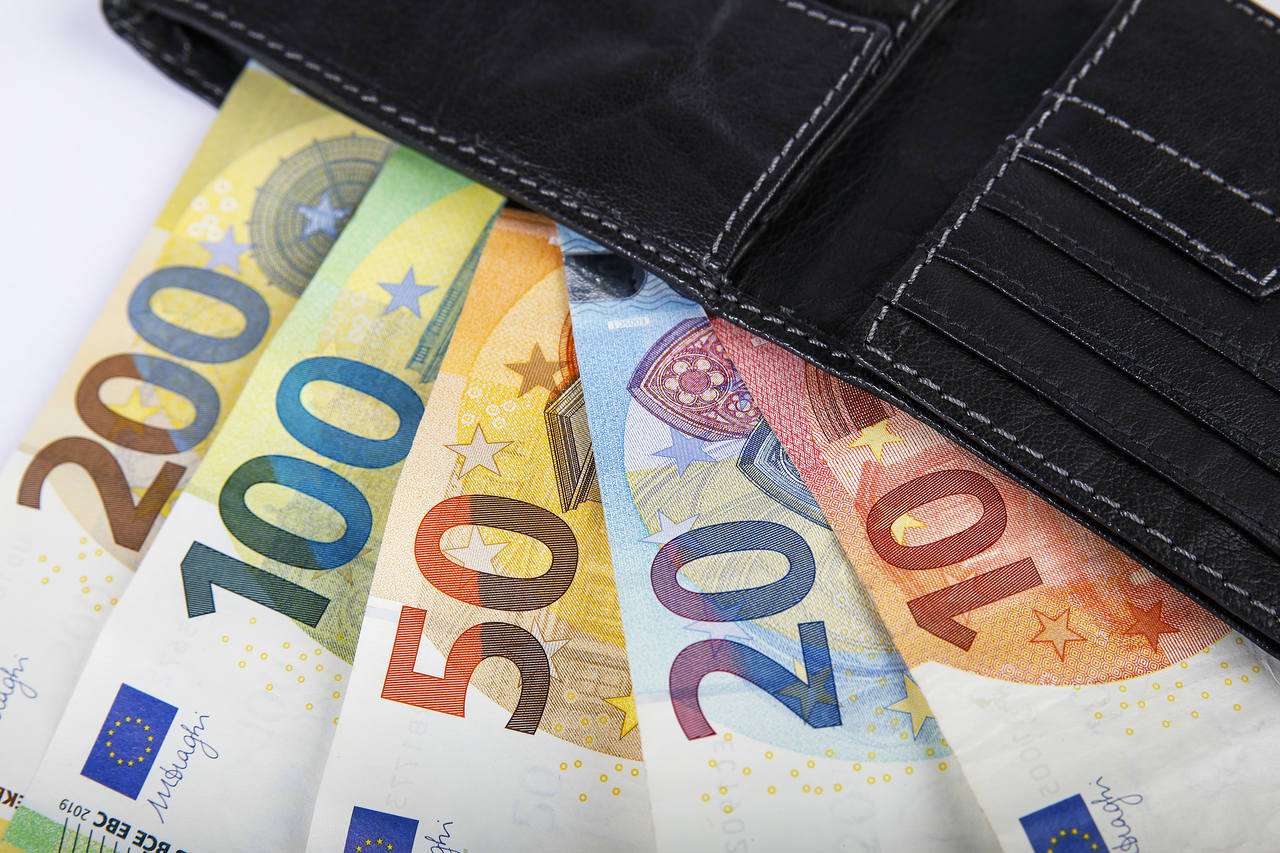EU Searches for Means to Finance Economic Recovery
The European Commission (EC) presented a proposal on 22 December to create new sources of revenue for the EU. The main purpose is to pay for the recovery fund. In parallel, the Commission wants to speed up implementation of mechanisms that serve the green transition.
 Fot. Justus de Cuveland/imageBROKER/Forum
Fot. Justus de Cuveland/imageBROKER/Forum
How does the EC want to boost the community budget?
Adoption of new sources of revenue for the EU was part of the compromise on the 2021-2027 Multiannual Financial Framework and the Next Generation EU recovery instrument (NGEU). According to the deal, the EU budget is to receive parts of the proceeds from the emissions trading system (ETS), the carbon border adjustment mechanism (CBAM), and taxes paid by the largest multinational companies (above all from the digital sector). The EC estimates that the EU budget will thus gain €15-17 billion per year (in constant 2018 prices). The majority of the revenue is to be used to repay the debt taken to create the NGEU. The Commission also wants to spend the proceeds on a Social Climate Fund that will provide additional support for the green transition in less affluent Member States. It will amount to €58 billion available between 2025 and 2032.
Will the new revenue provide sufficient resources to pay for the recovery fund?
The Union will need to pay €390 billion to cover the part of the NGEU devoted to grants for Member States between 2028 and 2058. The expected proceeds from the new sources of revenue could provide enough means to establish a climate fund and cover a major part of the debt. However, the EC estimates pertain to the current decade. As the green transition gains momentum, the takings from the ETS, which constitute about 75% of the new revenue, will decrease. Therefore, the EC intends to propose more sources of revenue in 2023, including proceeds from a financial transactions tax and reformed corporate tax.
How can the Commission proposals be implemented?
To create new sources of revenue, the Council of the EU must modify the own-resources decision. This requires unanimity and a ratification procedure that in the majority of Member States necessitates their parliament’s approval. In addition, legal acts that set up the mechanisms that generate the revenue must be adopted. The ETS already exists but negotiations on enlarging its scope are underway. A regulation on CBAM is also being considered. As regards taxation, the initial agreement reached within the OECD framework needs to be translated into an international convention. Each element has its detractors. Some business associations, especially from Northern Europe, have been sceptical about the CBAM for fear of aggravating relations with trade partners. ETS reform is criticised by Central and Eastern European countries as a disproportionate burden on them.
How do Member States perceive the potential new sources of revenue?
Last year, during budgetary negotiations, Member States expressed general approval for new sources of revenue. If the latter are not adopted, the necessity to pay for the recovery fund will force Member States to reduce spending on existing policies or increase their contributions to the community budget. This is an unappealing prospect for both the net payers and beneficiaries of the EU budget. Southern European states should be particularly interested in the swift adoption of new revenue. Ensuring payment of the recovery fund will strengthen their case for resorting to common debt in the future. Northern European members, on the other hand, could harbour some doubts. They could perceive granting the EU some tax proceeds as an unwelcome step towards closer fiscal integration and the new redistribution instruments beneficial for less affluent states.
What does the Commission proposal mean for Poland?
Securing resources for payment of the recovery fund without undercutting the budget of existing policies is in Poland’s interest. Reform of corporate taxation aimed at obliging digital giants to pay taxes where they generate revenue and the introduction of the CBAM are in line with Poland’s suggestions made for a couple of years now. As regards ETS reform, the challenge for the Polish government in the ongoing negotiations will be to promote balanced burden-sharing and to maintain the Social Climate Fund proposed by the Commission.





